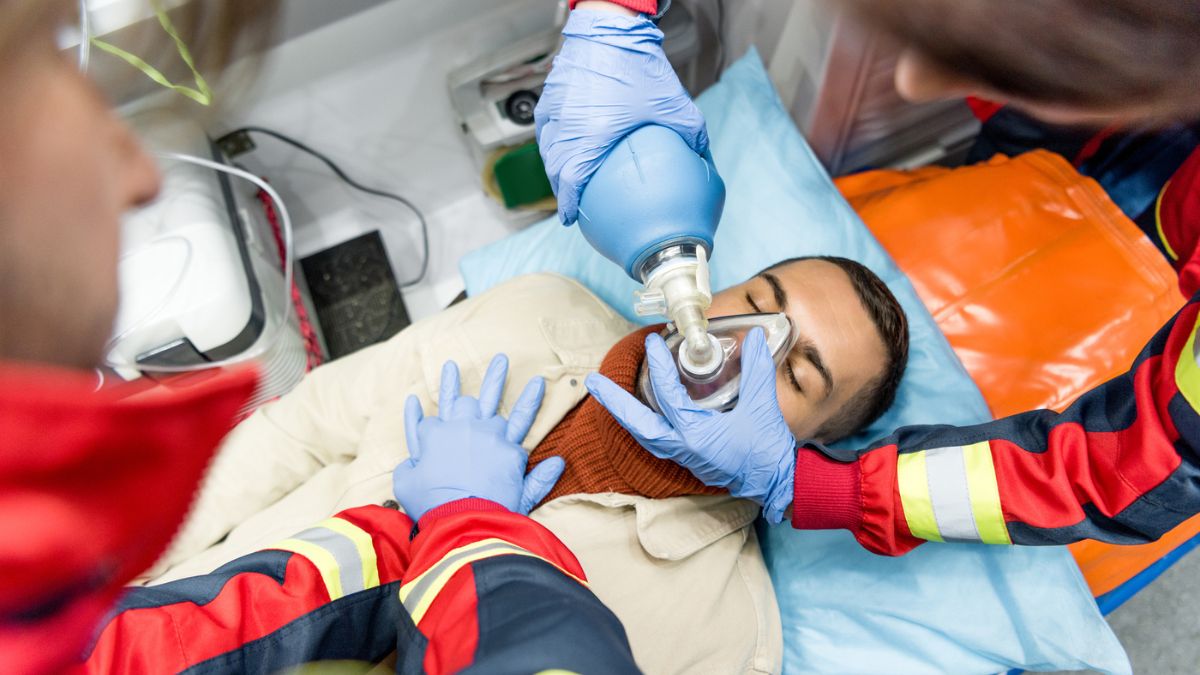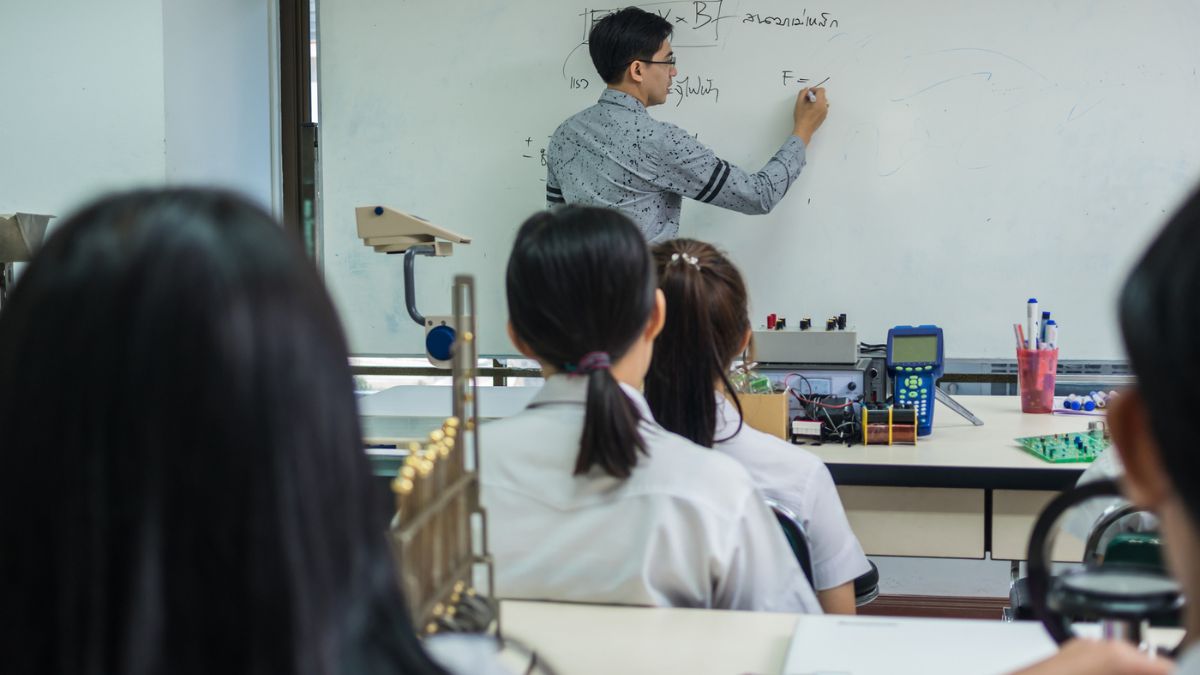There are several concepts in each field of study that we don’t fully understand. For instance, as a writer, my friend could not understand why I should go through many revisions for a single article.
On the other hand, I could not understand why my friend, who majored in communication, constantly analyzes the body language of people she meets. Therefore, I became curious about the other simple concepts from each field of study that the average person doesn’t seem to understand.
As I did that, I found several concepts and have listed them in this guide. So, if you’re curious, consider reading until the end.
1. Making Braces “Tighter” Does Not Make the Teeth Move Faster

An orthodontist shared that some people think tightening braces makes the teeth move faster. However, that’s not how it works. It’s not about “tightening” your braces.
Each step in your orthodontic treatment creates a carefully controlled stress level on your teeth and jaws. That’s why your treatment plans include many appointments. Your orthodontist adjusts your brace to continue putting pressure on your teeth, gradually moving them into their ideal positions.
2. The Difference Between “Being Smart” and “Being a Quick Learner”

An engineering student shared that people often equate being wise with being highly intelligent. However, being a quick learner is more about comprehension and rapidly picking up new skills and concepts.
It spans many cognitive abilities, including problem-solving, creativity, and critical thinking. Being a quick learner usually involves rapidly absorbing new information and challenges and adjusting to new environments.
3. Communication Isn’t What You Say, It’s What the Other Person Understands

A psychology student shared that effective communication isn’t just about words. It’s about what the other person can understand.
Communication involves not only the words you speak but the way you say them, your body language, and whether the listener will understand what you are trying to say. Effective communication entails active listening, putting oneself in another’s shoes, and adapting our communication style to ensure clear, mutual understanding.
4. CPR Is Not A Remedy

A paramedic was baffled about some people thinking everyone in an accident needs CPR. In general, not every patient needs CPR.
He states that while CPR is a critical tool in emergencies, it’s not a remedy. A person should be assessed first if they need CPR before doing it.
5. Blind People Have Vision

As an optician, Anna receives many questions about how the blind can see. She explains that blindness doesn’t necessarily mean a total lack of vision.
Many blind individuals have some residual vision and can see light and shape. However, if one is diagnosed with total blindness, that’s the only time one is considered totally blind.
6. Everything Has To Be Proofread, Even if It’s Only a 3-Word Sentence

Some people might not understand why writers must re-read the same article twice or thrice. You need to proofread your writing, whether you’re tackling a lengthy document or a three-word sentence.
You must scan your writing for common spelling, grammar, punctuation, and formatting errors. Proofreading helps to shape your ideas and gives them an impact—it’s critical for good writing.
7. The Butter You Use Makes a Difference

We may think that all butter is the same. However, a chef begs to differ. He shared that the butter you use when cooking or baking can have a major effect on the flavor and texture of your dishes.
Different butter varieties have unique flavors and properties that can make your culinary creations special. Salted butter has a stronger flavor that can enhance a dish, whereas unsalted butter gives you control over seasoning. Cultured butter adds a bit of tang to the taste of a dish or baked item, and clarified butter has a higher smoke point when cooked at higher temperatures.
8. People Generally Have Poor Scientific Literacy

A physics teacher observed that many people lack basic scientific knowledge, stressing the importance of understanding the world around us. The teacher explained that scientific literacy goes beyond memorizing facts; it involves thinking critically and analyzing evidence.
Learning about scientific concepts is essential to participate meaningfully in discussions and tackle complex problems. The teacher urged everyone to prioritize learning about science to make informed decisions.
9. Many People Don’t Know Abstract Mathematical Concepts

Math is difficult for many. It can be complex, especially when it draws on abstract concepts. A math teacher explains that two such concepts are proportionality and variables.
Proportionality refers to the link between two changing amounts. As one alters, so does the other in proportion. Variables, indicated by letters, can represent absent values in equations. Offering clear explanations and examples helps to make these topics more accessible, aiding fuller understanding and heightening a student’s math skill set.
10. Information Technology (IT) Involves a Lot of Googling

An IT specialist shared that Google is his best friend, similar to how everyone else counts on air and water. Learning to search is essential for troubleshooting and staying informed in tech’s ever-changing landscape.
You can start by honing in on the right keywords, carefully noting your sources, and using search operators to fine-tune your results.
11. Humans Didn’t Evolve From Chimpanzees

A science professor shared that some people thought we evolved from chimpanzees; however, this is untrue. He explained that though humans and chimpanzees share a common ancestor, humans did not evolve directly from the modern-day primate.
Instead, humans and modern apes both evolved from a common, different ancestor millions of years ago. While both species have common traits due to these connections, they have also developed unique traits as time passes.
12. Just Because Something Is Alleged in a Lawsuit Doesn’t Mean It’s True

James, a lawyer, shared that because one side claims something in a legal filing, it doesn’t mean it’s true. Here are six words to remember whenever you read a lawsuit allegation: The following are just allegations.
The descriptiveness of a lawsuit can be distracting, especially when you’re reading about allegations in a lawsuit, which are nothing more than one side’s claims that have yet to be proven in a court of law.
13. Therapy Is for Everyone

A therapist addressed some misconceptions about therapy, clarifying that it’s not solely for those who are mentally troubled. She emphasizes that therapy benefits everyone, not just the sick or disturbed.
A therapist provides a safe space to explore thoughts, feelings, and behaviors, no matter who you are. Therapy is a platform for personal growth, cultivating confidence, and developing skills and strategies to effectively face life’s challenges.
14. Yelling Back Will Not De-Escalate The Situation

Thelma, a psychologist, shares that most people believe yelling at someone crying or screaming will calm them down. This is not true. In fact, yelling back at anyone who is upset will only make them feel worse (and probably more upset).
15. Correlation Is Not Causation

A science practitioner said that correlation is not causation. Correlation implies that two things change together, but it does not mean that one change causes the other.
For example, just because ice cream sales and sunglasses purchases increase simultaneously doesn’t mean that sunglasses make people buy ice cream. They are influenced by something else (hot weather).
10 Commonly Believed Myths Debunked by Science

I recently saw this question online, “What is a popular belief that is scientifically proven wrong?” Have you thought of one? Here are the myths that are most commonly believed.
SEO Writer at Radical Fire, Blogger with expertise in SEO writing. She graduated from St. Paul College Foundation Inc. and has taken courses in freelancing and writing at FVA. She has over 100 articles across the web. Carina is passionate about reading nonfiction books, writing, and watching various documentaries about travel and economics. She has also written for an MSN publication.

